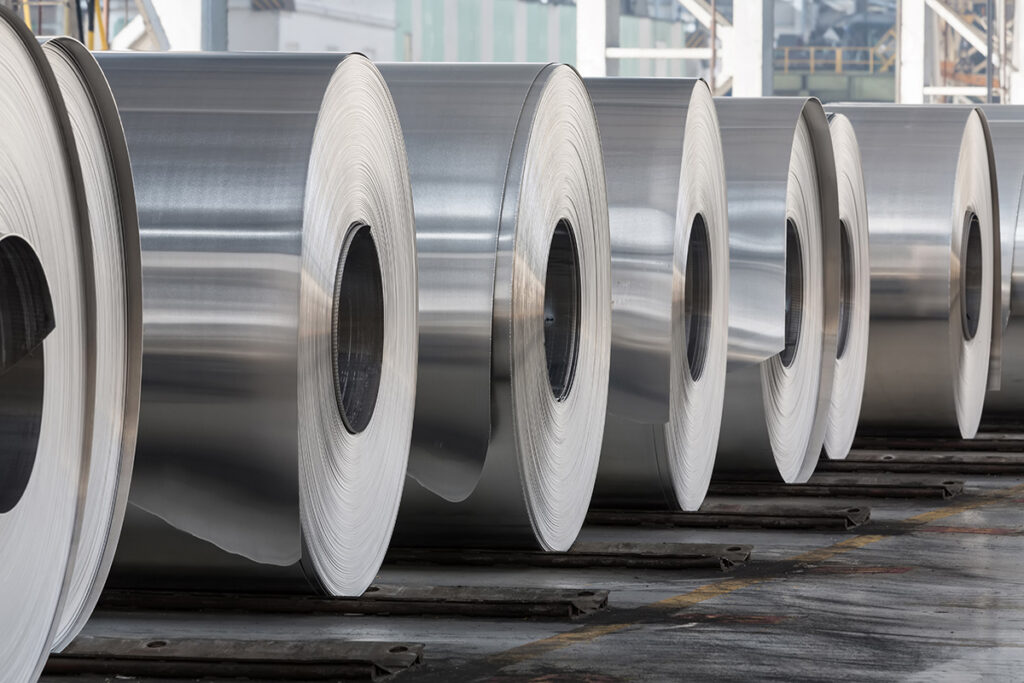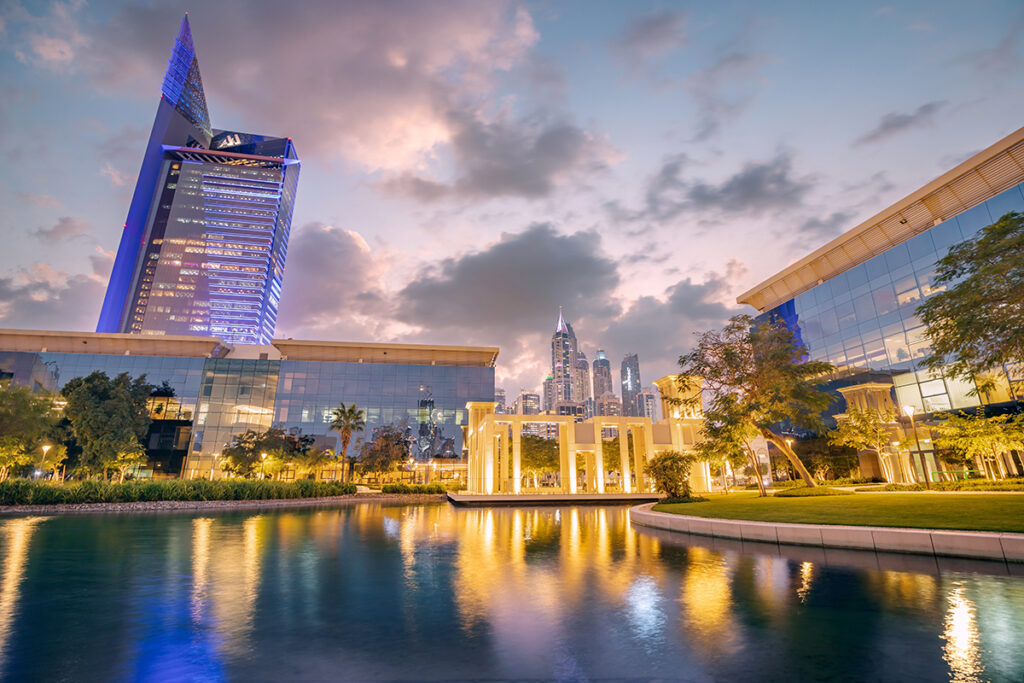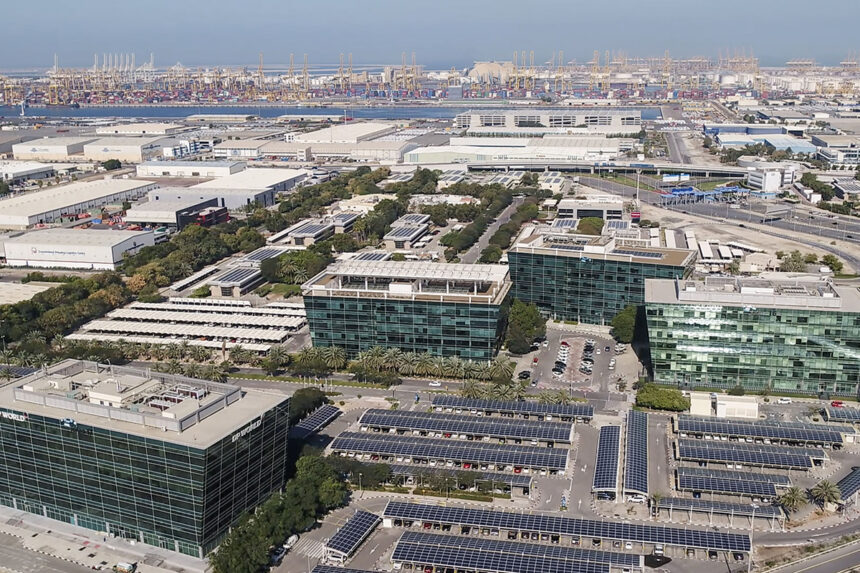Trump has promised increases in radical rates if they are re -elected, including a 10 percent base line collection in all imports, except Canada and Mexico, and significant high rates in the good of the counterrete (60 percent) and Vietnam), and Vietnam) the policy of proposals, aimed at protecting US manufacturing, already promoting the recalibrations of the supply chain between multinational companies.
“The tariff policy can be decided in Washington, but its effects feel worldwide,” said the PP Varghe, head of professional services of Cushman & Wakefield Core. “For commercial real estate in the Middle East, the implications could be significant.”
Varghe said that global companies are actively rethink CANGE-OP-OP-OP-P-OP-OP-OP-OP-OP-OP-OP-OP-OP-OP-OP-OP-OP-P-P-OP-OP-P-OP-OP-OP-OP -Op-Op-Op-Op-Op-Op-Op-Op-Op-Op-Op-Op-Op-Op-Op-Op-Op-Op-Op-Op-Op-Op-Op-Op-Op-Op-Op-Op Customs Rules.
“This could increase the demand for industrial storage storage ready for compliance, value processing units and export logistics centers,” he said. Developers exposed to the assets of the free zone can attract a broader mixture of occupants, while mixed use schemes could be of the I + D accompaniment needs, office space and accommodation of the workforce.
Dubai is already positioned as a regional shopping center with advanced logistics infrastructure and regulatory frameworks in favor of business. Industry actors say it could arise as an alternative platform for exports to the United States, especially for sectors such as electronics, pharmaceutical products and luxury products, where tariff exposure is particularly acute.
However, opportunities are attenuated by risk. “Eau aluminum exports to the United States, valued at more than $ 1.4 billion annually, will be subject to a 25 percent rate under the new policy,” Varghese said. He added that while the low -cost production base of the EAU could absorb part of the impact, the country’s re -export model is more vulnerable.

“If customs of the United States begins to go to Transhipdo or a minimum processing, friction could arise,” Varghese said. “That would have effects of space absorption, rental growth and leasing confidence in central logistics corridors.”
Waiting and seeing approach
Ayman Youssef, managing director of Coldwell Banker, echoed the opinion that tariffs are adding a layer of uncertainty for real estate stakes.
“While recent American tariffs have not directed the prices of commercial properties affected in Dubai, they have surely increased the level of uncertainty in the market,” he said. “As a result, many investors are adopting an approach to wait and see, monitoring how geopolitical thesis changes will develop.”
At the same time, Dubai’s location and infrastructure continuously to support investors. “The city remains a convincing basis for reexports, the assembly and the manufacture of light. The demand for the main office space is strong and is being promoted more by organic growth and commercial relocations than by the dynamics related to the rate,” said Youssef.
The medium -term image will defend multiple variables, including the scope and application of the new US tariffs. And how regional governments respond.
“If the infrastructure expands and the incentives bind, we could see a significant relocation activity in one or three years,” said Varghese, adding that new Horizon industrial submarkets may arise.
Experts also pointed out broader geopolitical changes that influence business relocation.

“European regions, already under economic pressure, can feel the impact of the interruption of global trade more acute,” said Youssef.
“As a result, we anticipate a greater interest of European entrepreneurs and professionals seeking to relocate in Dubai, attracted by their favorable fiscal environment and regulatory stability.”
However, both experts warned of overexuberance. “Investors must carry out a proper due diligence, especially the uncertain times,” said Youssef. “Understanding the feeling of the market, the expected ROI and the absorption rates is fundamental.”
For developers, he added, prudent financial management is key.
“Trusting only customer payments is risky. Developers must make sure they can completely complete the projects and sacrifice flexible payment plans to remain competitive,” he added.
Tariff interruption is not a new phenomenon, but its implications for commercial real estate could be more lingues of lung this time, analysts say.
“In a fragmented global economy, real estate results could be more durable than before,” said Varghe.








